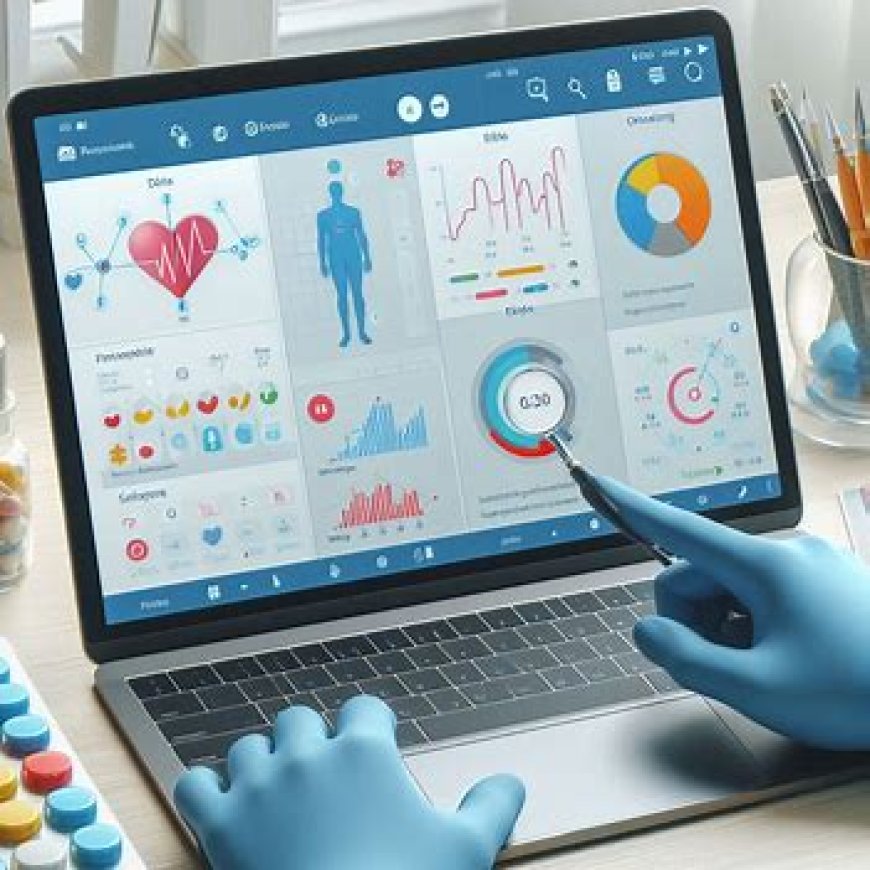In the realm of substance abuse treatment, the integration of Electronic Medical Records (EMR) software has revolutionized how patient data is managed, analyzed, and utilized. However, the diverse treatment models in substance abuse care present unique challenges and opportunities for EMR software adaptation. This article explores how substance abuse EMR software can be tailored to support various treatment models, enhancing the effectiveness and efficiency of care delivery.
Understanding Different Treatment Models
Substance abuse treatment encompasses a variety of models, each with distinct philosophies and methodologies. Some of the most prevalent treatment models include:
- 12-Step Programs: Based on the principles of Alcoholics Anonymous, these programs emphasize peer support and a structured recovery process.
- Cognitive Behavioral Therapy (CBT): Focuses on identifying and changing harmful thought patterns and behaviours.
- Motivational Interviewing (MI): Encourages patients to find their intrinsic motivation for change.
- Medication-Assisted Treatment (MAT): Combines medication with counselling and behavioural therapies.
- Holistic Treatment: Integrates alternative therapies such as acupuncture, yoga, and meditation with traditional treatment methods.
Customizing EMR Software for Treatment Models
Effective adaptation of EMR software requires a thorough understanding of the specific needs and workflows associated with each treatment model. Here are some key considerations for customizing substance abuse EMR software:
1. 12-Step Programs
For 12-step programs, the EMR software should facilitate the tracking of meeting attendance, sponsor interactions, and step completion. Features such as:
- Attendance Tracking: Tools for recording meeting attendance and participation.
- Sponsor Communication: Secure messaging and scheduling for sponsor meetings.
- Progress Notes: Templates for documenting step work and milestones.
2. Cognitive Behavioral Therapy (CBT)
CBT requires detailed tracking of therapy sessions, homework assignments, and cognitive assessments. EMR software should include:
- Session Documentation: Customizable templates for documenting therapy sessions.
- Homework Management: Tools for assigning, tracking, and reviewing patient homework.
- Assessment Tools: Integrated cognitive assessment tools to measure patient progress.
3. Motivational Interviewing (MI)
MI focuses on patient-driven change, necessitating features that support goal setting and motivational tracking. Key features might include:
- Goal Setting: Modules for setting, tracking, and adjusting patient goals.
- Motivational Tracking: Tools for documenting and analyzing patient motivations and readiness for change.
- Outcome Measures: Reports and dashboards to monitor progress towards goals.
4. Medication-Assisted Treatment (MAT)
MAT combines medication with therapy, requiring robust medication management and compliance tracking. Essential features for MAT include:
- Medication Management: Tools for prescribing, dispensing, and tracking medications.
- Compliance Monitoring: Alerts and reminders for medication adherence.
- Integration with Pharmacies: Interfaces for seamless communication with pharmacies.
5. Holistic Treatment
Holistic approaches often involve diverse therapies that must be coordinated and tracked. EMR software should offer:
- Therapy Scheduling: Flexible scheduling for various therapies such as yoga, acupuncture, and meditation.
- Integrated Notes: Templates for documenting alternative therapy sessions.
- Patient Feedback: Tools for collecting and analyzing patient feedback on holistic therapies.
Overcoming Challenges in EMR Customization
Adapting EMR software to different treatment models is not without challenges. Some common obstacles include:
- Interoperability: Ensuring the EMR system can integrate with other healthcare systems and data sources.
- User Training: Providing comprehensive training for staff to effectively use the customized features.
- Data Security: Maintaining high standards of data security and patient privacy.
Conclusion
The adaptation of substance abuse EHR software to support various treatment models is crucial for delivering personalized and effective care. By understanding the unique needs of different treatment approaches and incorporating tailored features, EMR systems can enhance treatment outcomes, streamline workflows, and improve overall patient satisfaction. As the field of substance abuse treatment continues to evolve, so too must the tools and technologies that support it, ensuring they remain flexible, responsive, and patient-centred.
























